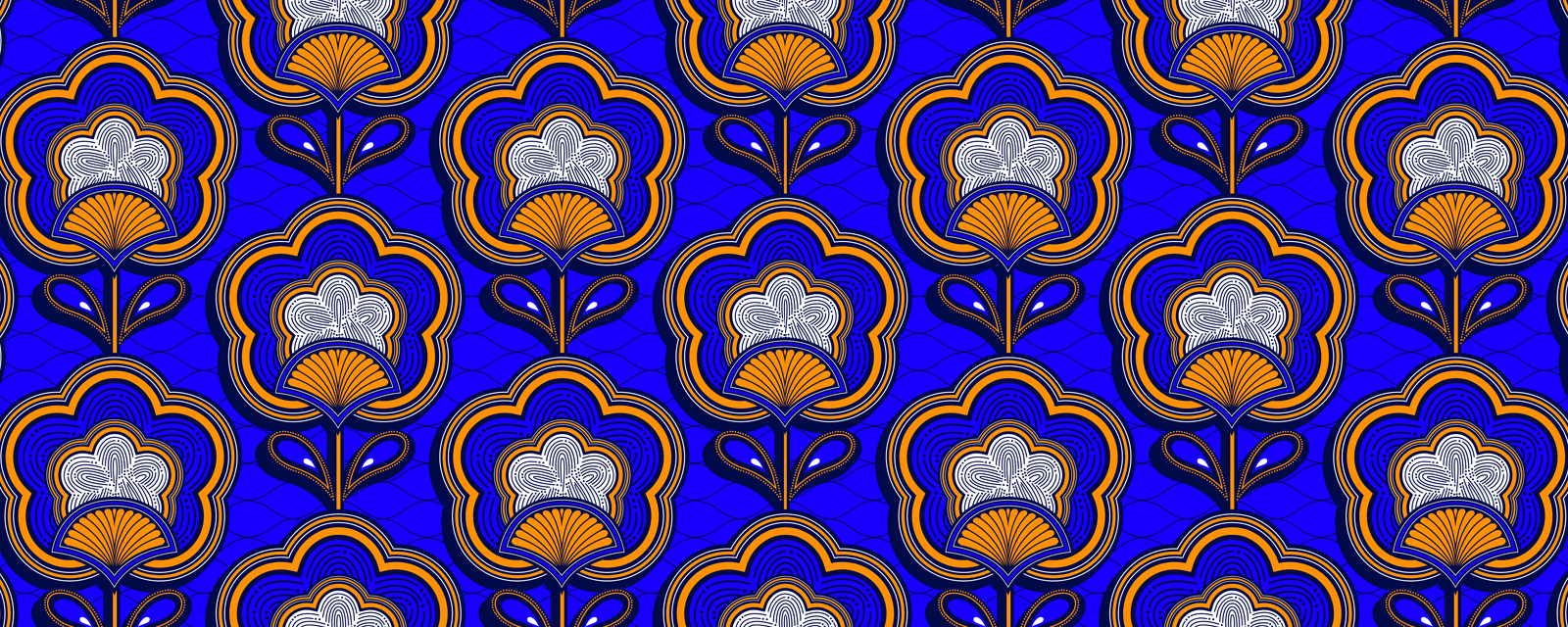This is another version of the much-loved Swahili love song from the east African coast (see Serenade), probably the best known and most widely admired of all Swahili poems in translation. Like My Mwananazi, it is associated with Liyongo, the epic hero.
There are interesting differences from the former version. Here, for instance, she is advised to listen, not to sing, to her suitors, and the ‘passers-by’ are not supposed to hear anything of what is going on.
O lady, be calm and cry not out but attend to your suitors patiently,
listen patiently to them who have climbed up to your window, (1)
lest those passing along the road may see.
Listen patiently to the son of Shaka’s peoples, (2)
and cast aside your grief and sorrow and distress.
O lady, be calm, for I will give you gifts of fine raiment
from our homeland Hejaz. (3)
I will adorn you with gold chains and beads of gold
worked by the good craftsmanship of Shiraz; (4)
I will raise for you a great mansion,
ashlared-white with lime and built of dressed stone. (5)
furnished with furnishings of glittering crystal,
glowing in the window’s gleaming sunlight,
and spread underfoot with soft rushes from the lakesides
of Shaka and Ozi. (6)
May your noble parents rejoice while they rest,
with minstrels singing soft songs,
and I will banquet them with the young of camels,
and of many oxen and of sheep and goats.
O lady, my lady, let me tell you you are my beloved;
let me tell you of my love so great
you may behold it with your own eyes.
Lift up your eyes and see these things
that they may be plain to you;
All these good things will I do for you,
by the grace of Allah the almighty,
by his grace and compassion that shine brightly,
like the bright moonlight.
Here is the Swahili. The verse is composed of rhymed couplets, with 20 syllables to the line. See also Song of the Coco-Palm.
Ewe mwana nyamaa silie, ukaliza wako walimbezi,
ukaliza wenyi kukwelea, na wapisi wa ndia wenezi.
Ukaliza Mwana wa Washaka, muwate kite shake na ‘uzi.
Ewe mwana nyamaa, n’kutuze nguo jema za kwetu Hejazi.
Nikwambike mkufu na shangwe la dhahabu kazi ya Shirazi;
kuwakie nyumba kuu nyeupe ya tokaa na mawe ya kazi;
Kupambie kjwa zombo za kowa wao wao wanike maunzi;
wakangange wangoi wanana wa uziwa wa Shaka na Ozi.
Wakutshe wema wazazio na wamia walitumbaizi;
na wamea kitinda ngamia ngombe wangi kondoo na mbuzi.
Kuwa mama mamangu kuwa nikuonye yangumi mapenzi;
nikuonye mahaba makuu uyaone kwa yako maozi.
Uyaone mato ukivua kulla yambo liwe wazi wazi,
kulla yambo yema kutendee kwa fadhili zakwe muwawazi,
kwa fadhili zakwe la rehema ziwawao mfano wa mwezi.
from “Popular Verse of the Swahili Tradition”,
Africa 22 (1952), 162.
Lyndon Harries
Footnotes
- Swahili houses were substantial buildings, with walls of dressed coral-rock. The windows of the upper storey, would often open on a balcony overlooking the roadway. In this version, the suitor seems to have climbed like Romeo to the balcony, addressing the lady through the window.
- Shaka was the city state where Liyongo’s father ruled.
- Hejaz: The region of Saudi Arabia bordering the Red Sea, containing the port of Jeddah and the city of Mecca.
- Shiraz: A city in the south west of Iran, known since ancient times as a place of poets, musicians and craftsmen.
- Ashlar is a type of masonry used as facing material, here burnished white with lime.
- The Ozi river flows through Kenya, entering the Indian Ocean at Kipini, south of Lamu.

